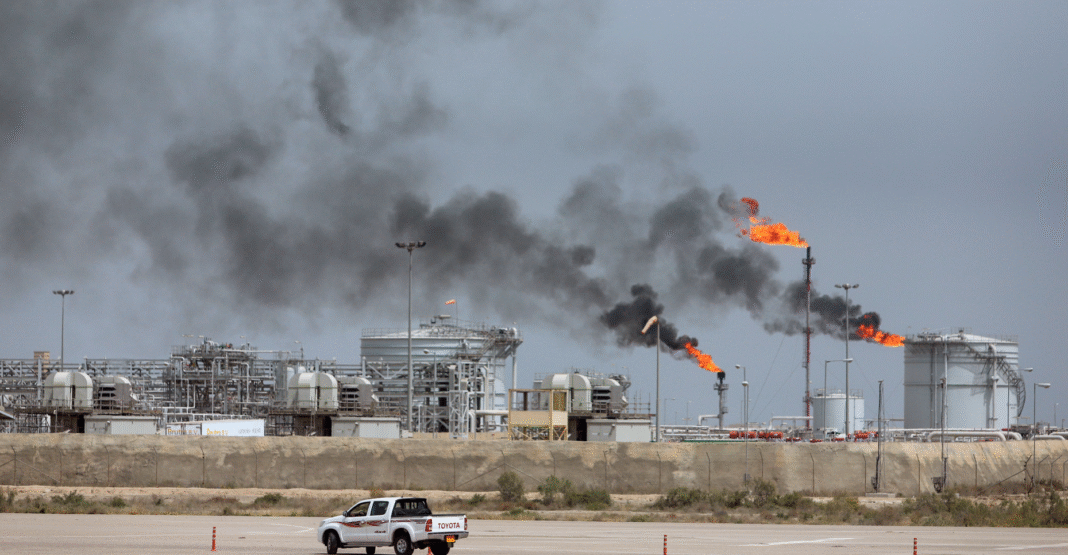A drone attack has damaged vital oil infrastructure in Northern Iraq, creating new fears for energy security. The strike targeted the Ain Safni oilfield in Sheikhan district, a key site operated by Hunt Oil. This incident is part of a growing wave of assaults threatening Iraq’s energy sector.
The Kurdistan Regional Government’s Ministry of Natural Resources confirmed the attack and reported significant damage. Fortunately, no workers were hurt. Still, the destruction caused major disruptions and added strain on regional oil production.
This latest hit against Iraq’s oil infrastructure underscores the vulnerability of critical energy assets. Officials described the attack as a deliberate effort to destabilize the Kurdistan Region’s economy. They called for urgent action from Iraq’s federal government and international partners to secure vital sites.
The Ministry stressed its commitment to protecting energy workers and restoring operations quickly. Leaders emphasized the need for stronger security measures to prevent future incidents. They also urged global stakeholders to support Iraq’s efforts in maintaining regional energy stability.
The Association of the Petroleum Industry of Kurdistan (APIKUR) echoed the Ministry’s concerns. It condemned the attacks, highlighting risks to Iraqi workers and international staff across multiple companies. After the strike, operators began evaluating damage to production and other critical facilities.
In response, many APIKUR member companies suspended their operations as a precaution. This decision halted production of more than 200,000 barrels per day across the Kurdistan Region. Even companies not directly affected joined the shutdown to protect employees and infrastructure.
Energy analysts warn that repeated strikes on Iraq oil infrastructure could disrupt exports and impact global energy markets. Such instability poses risks not only to Iraq’s economy but also to worldwide oil supplies.
However, the Kurdistan Regional Government continues working with national and international allies to enhance security. Officials remain determined to safeguard energy assets and support long-term economic growth despite mounting challenges.
With oil exports being a cornerstone of Iraq’s economy, maintaining the safety of infrastructure is critical. Preventing further attacks is essential for ensuring both regional stability and global energy flow.
Nevertheless, the Ministry reaffirmed its dedication to protecting workers and strengthening Iraq’s position as a reliable energy producer. It emphasized cooperation with stakeholders as the key to overcoming these threats.





